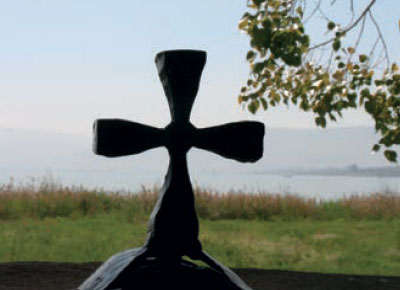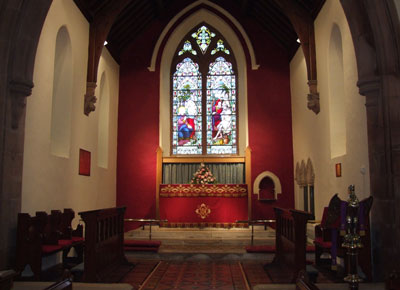Church of Ireland plans environmentally sustainable Synod
 The Church of Ireland General Synod taking place in Armagh City Hotel (May 10-12), will seek to be a ‘sustainable synod’ following on from a number of similar initiatives undertaken at central Church level.
The Church of Ireland General Synod taking place in Armagh City Hotel (May 10-12), will seek to be a ‘sustainable synod’ following on from a number of similar initiatives undertaken at central Church level.
The Synod Department has provided an electronic option for distribution of packs to members and is working with the venue to reduce the environmental footprint of General Synod, encourage recycling, and reduce waste as much as possible.
In recent years, General Synod has adopted an Environmental Charter (2015) and a further motion on climate change and investments (2017). Previous General Synod resolutions have encouraged the use of Fairtrade products and the ending of the use of tropical hardwoods, except those from managed forests, in Church buildings.
Information on environmental sustainability for parishes, including suggested eco-actions and a template for undertaking an energy audit, is available in the Parish Resources section of the Church of Ireland website: www.ireland.anglican.org/parish-resources.
Other environmental projects at a central Church level include the Jars4Journeys fundraising initiative over Lent 2018 to support communities which are at the greatest risk from climate change; locating beehives in the grounds of Church of Ireland House, Dublin, and the Church of Ireland Theological Institute; and switching to as many compostable, recycled, or reused items as possible in Church House.
The Representative Church Body, the central trustee body for the Church, has adopted a Climate Change Policy (2017) and an Environmental, Social and Governance Policy (2016) which seek to reduce investment in companies with high carbon emissions and to increase investment in companies which are committed to reducing their carbon footprint, such as those involved in renewable energy and forestry.
The Church avoids investments in companies where more than 10 per cent of turnover is derived from coal-mining activities or tar sands production, and it is continuing to reduce its exposure to oil and gas production (currently at 2.5 per cent); this work is led by Ms Sarah Dunne, Manager, Investment Portfolio and Environment, Social and Governance.
The RCB’s Property Department has also set up a pilot scheme, involving 10 parishes in the Diocese of Down and Dromore, to review the efficiency of existing energy management controls and to make recommendations for improvements to systems in parish halls and centres.
Under its tree-planting strategy, two trees must be replanted (where practicably possible) in place of every tree that needs to be cut down on church property. Parishes are encouraged to consider renewable energy options such as solar energy for electricity or heat and/or hot water; heat recovery/ventilation systems; central heating and/or cooling systems using geothermal heat pumps; or sustainable lighting such as daylighting design, sunlight transportation systems, energy efficient light bulbs or LEDs. Examples of geothermal initiatives can be found in Kilmore See House and the new parish centre for Athy Parish, Co Kildare, in the Diocese of Glendalough.
The Church of Ireland’s commitment to the environment reflects the Anglican Communion’s Fifth Mark of Mission: ‘To strive to safeguard the integrity of creation, and sustain and renew the life of the Earth.’
© Copyright The Church of Ireland Diocese of Connor 2025 | Web Design by LD2.digital




